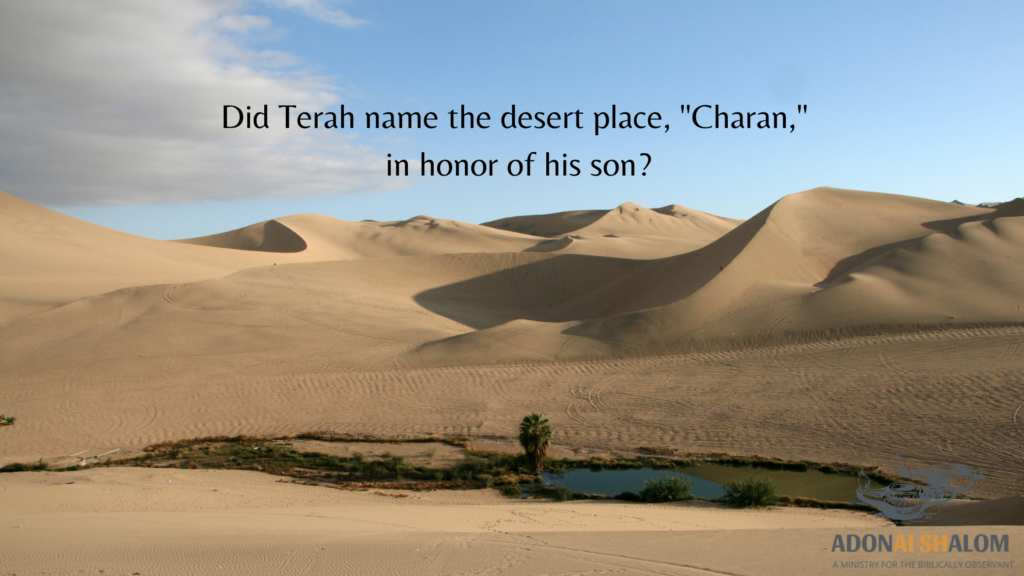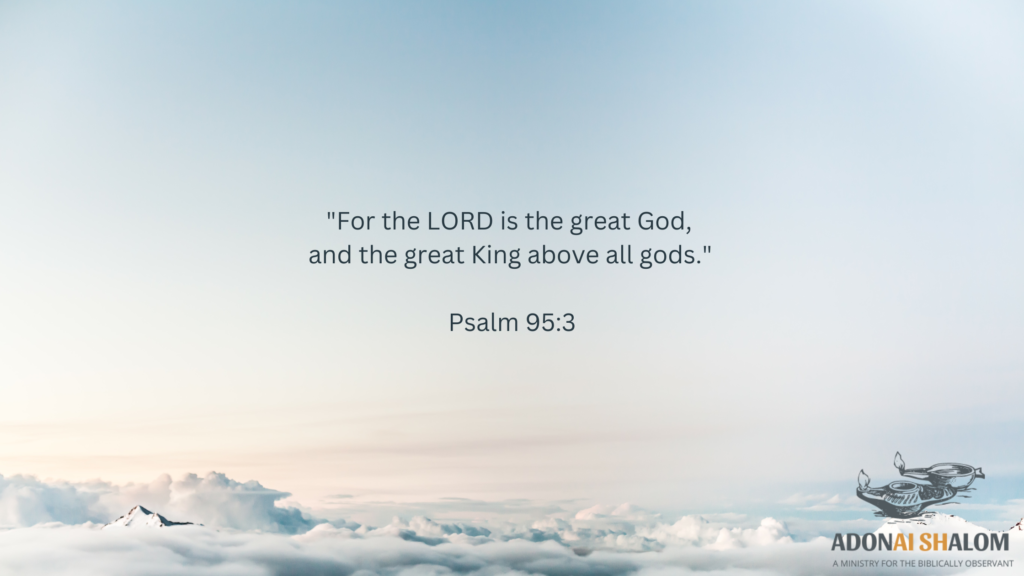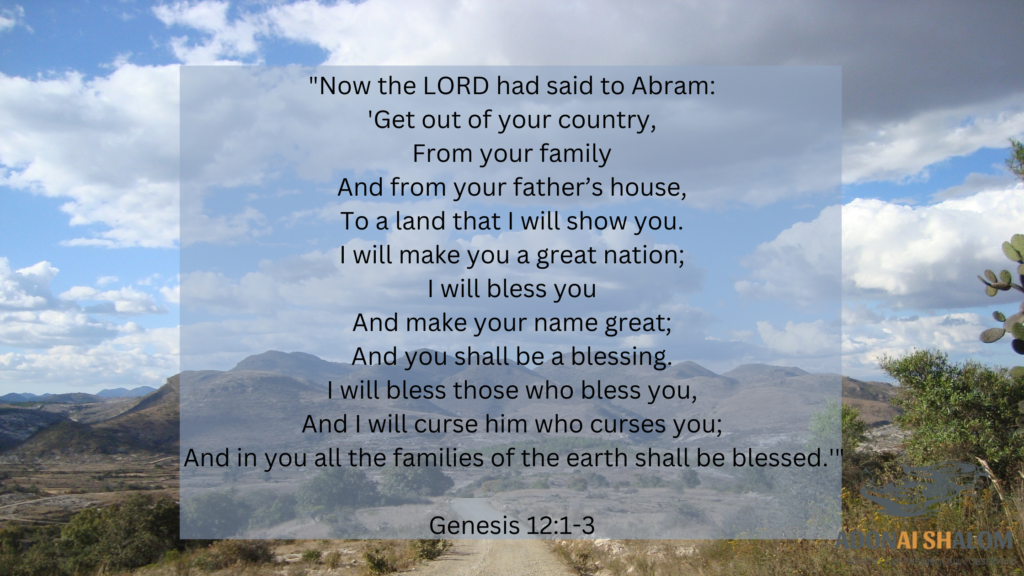Binding Love: Abraham & Isaac
Parashat Vayeira (B‘reishit/Genesis 18-22) 5783 B”H
Isaac: A Beloved son
If you are a parent, you know firsthand the eager anticipation and joy that comes with pregnancy and the birth of a child.
Abraham and Sarah had waited decades hoping for a child and finally reached the conclusion that they were too advanced in years to keep on hoping.
Sarah laughed when she heard the news she would have a son (Genesis 18:12).
She was 90 years old, can you really blame her?
According to Genesis 17:17, centenarian Abraham also laughed.
And the child’s name would be Yitzhak יִצְחָק (Isaac) meaning, “he who laughs.”
After waiting that many years, this son was truly beloved.
Any child is so dearly loved, but can you imagine the depth of love these new elderly parents would have felt toward their precious child Isaac?
Abraham and Sarah had waited, given up, and then, by the grace of the Almighty One, received such an unexpected bundle of joy!
Messiah Yeshua (Jesus): our Heavenly Father’s Beloved Son
Our Father in heaven sent His only begotten, beloved Son to earth.
Yosef and Miryam (Joseph & Mary) were certainly surprised by the news that Mary would be the instrument through which Messiah would be born into this world.
There are many parallels between Abraham’s son Isaac and our Messiah Yeshua (Jesus), God’s Son:
“Then He said, Take your son, your only son whom you love—Isaac . . . ” Genesis 22:2, emphasis added
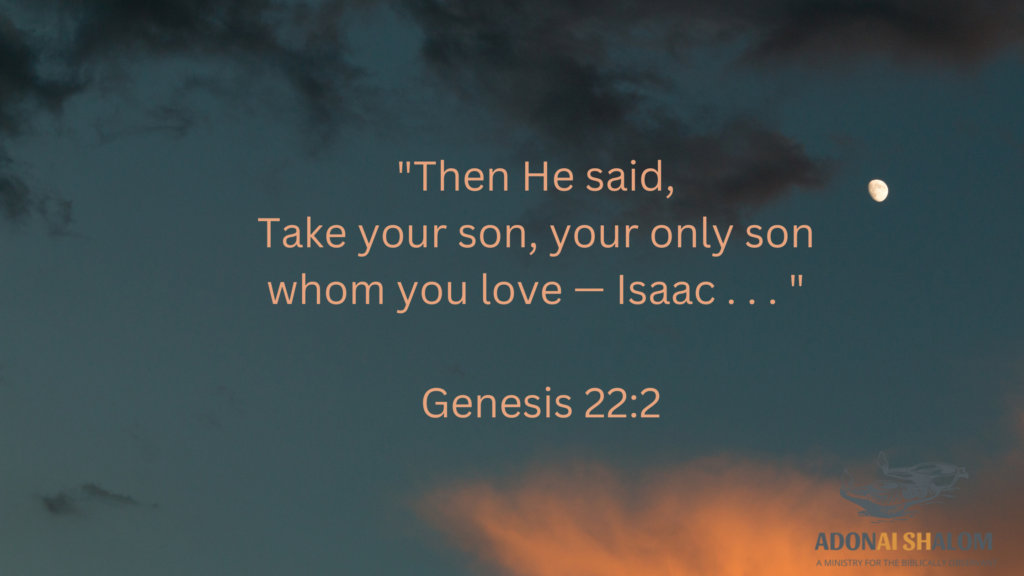
“And suddenly a voice came from heaven, saying, “This is My beloved Son, in whom I am well pleased.” Matthew 3:17, emphasis added
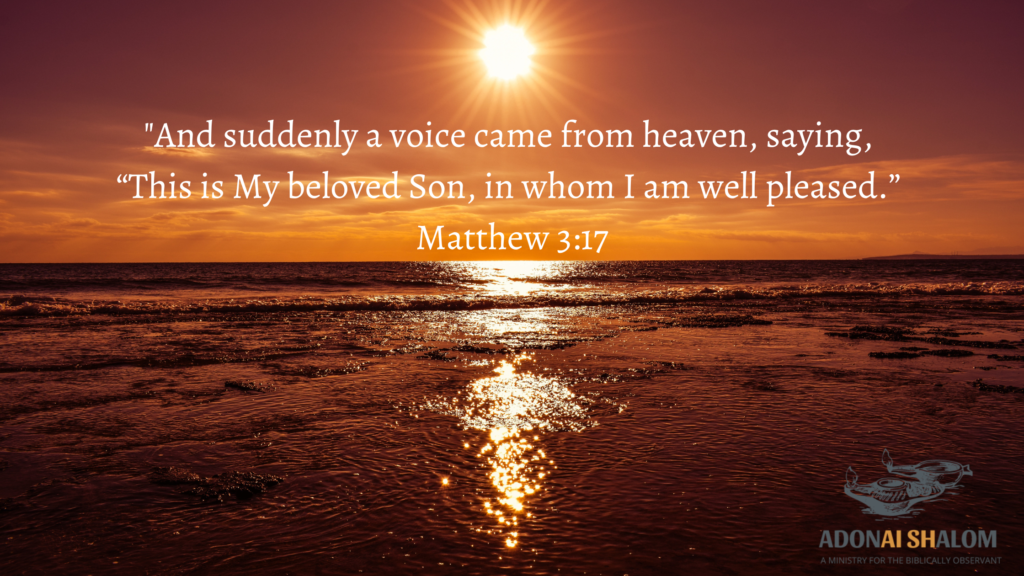
Aqedah עֲקֵדָה “binding”
The binding up of Isaac to be sacrificed is known in Hebrew as the aqedah (akedah/akeidah), which literally means “binding.”
Abraham was commanded to offer up his son Isaac as a burnt offering.
Isaac’s father would bind him up and place the boy upon the altar, but before it got to that point, Isaac asked a pivotal question:
“. . . Where is the lamb . . . ?” Genesis 22:7
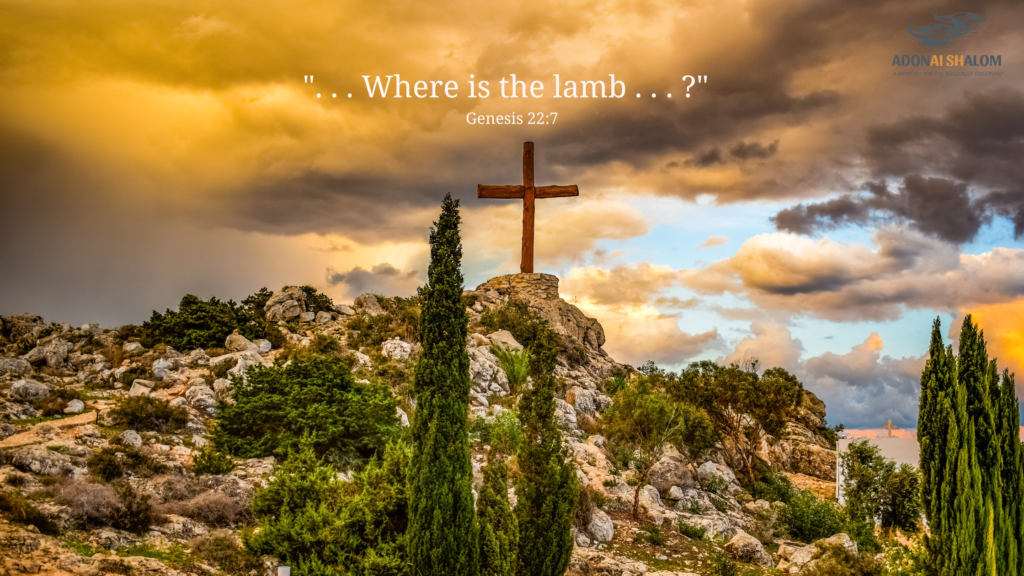
The binding up of a beloved son would demonstrate the greatest of all love: one day the Lamb of God Himself would be bound and beaten, sacrificed in our place.
Do you know the Lamb of God today?
Where is the Lamb in your life?
Have you allowed the LORD to rescue you from bondage?
Isaac survived because of the intervention of a divine Messenger (Genesis 22:11).
Abraham’s son would be unbound: Isaac was set free, saved from a horrific death.
The first time the word “love” is found in Scripture
The word “love” is not used in Scripture until Genesis 22:2. The first time “love” is mentioned in the Bible occurs in this verse about Isaac, Abraham’s beloved son. It might surprise you that a word so central to our faith and to the unfolding of salvation history wouldn’t appear right from the outset, such as with Adam and Eve.
God’s Word is truly remarkable. The depth of love that Abraham had for Isaac could be compared to the profound love the Father has for His Son.
Certainly the binding of Isaac prefigures the crucifixion: Abraham had the confidence that the LORD His Provider – YHVH Yireh – would not fail him. The Hebrews text above tells us that Abraham even reasoned that resurrection was possible. ADONAI had promised Abraham that he would be the “father of many nations” (Genesis 17:4), so by having faith in resurrection, Abraham could reconcile killing Isaac if he truly had to follow through with God’s demand. Abraham’s hope was that Isaac would be resurrected and continue the lineage, fathering many nations.
Abraham is a model of faith for every generation. He passed the test by maintaining unwavering trust in the LORD. Isaac’s father knew God and loved God, and knew first-hand nothing is impossible with God (Matthew 19:26; Luke 1:37). He had also come to learn that the God of Israel was merciful: Abraham had no reason to doubt God’s provision. Yet even so, it is one thing to have the willingness to forfeit one’s own life; indeed Abraham was even willing to sacrifice his own self – for what parent could kill their child without losing a part of their own self? The emotional pain would have consumed him, but there was nothing Abraham wasn’t willing to do for His LORD. But sacrificing of self is not quite the same as sacrificing one’s life entirely. And it is another thing altogether to have the faith to end one’s own child’s life if so required. Jewish midrash discusses many instances when God’s people have been in situations which required self-sacrifice, or situations in which parents have had to make the difficult decision to encourage their children to give up their lives rather than renounce their faith in the God of Israel.
Is your love for God that intense?
Are you truly willing to sacrifice anything for Him?
Do you live with this type of faith?
Do you have an unwavering confidence that no matter what, the LORD will see you through?
Our children are on loan to us from the Holy One. We must entrust their well-being to the LORD, as He allows us to love and care for them.
Bound together in Love
Abraham loved his son. Surely, the events of the aqedah bound him and Isaac together with an even deeper love. The account of Abraham and Isaac (Yitzhak) should remind us today of the centrality of love. May we learn to reflect the virtue of Messiah’s love to those who are still looking for the Lamb – to those who are bewildered and look all around them, but do not realize the nearness of their salvation.
No matter what, always trust in our Loving Father who is full of compassion. He will provide for your every need, bind up the broken-hearted, and save you when you call upon His Name.
The Binding of God’s Word
Have you bound God’s Word to your heart?
The first portion of the Sh’ma urges us to “bind” the Word of God to our hearts and hands; to walk in His ways at all times and to teach our children to do the same:
I encourage you today to seek the LORD and His Word. He is the God of Abraham and Isaac! Worship Him and praise Him for His all-encompassing love! Here are two worship songs that you may enjoy today. The first one is one of my all-time favorites: LORD God of Abraham by Paul Wilbur:
Shalom!
Please leave a comment below and let us know your thoughts! We love hearing from you, friends!

